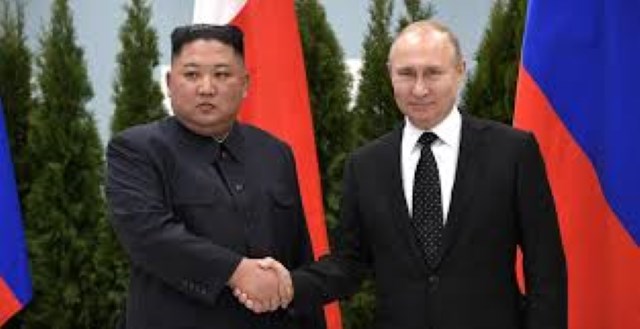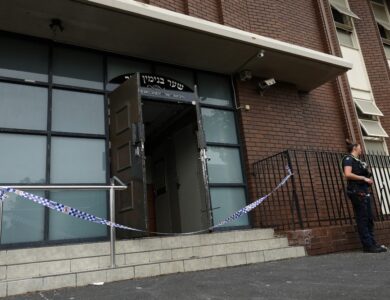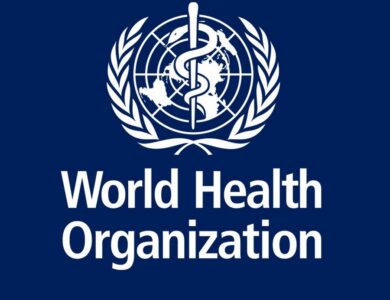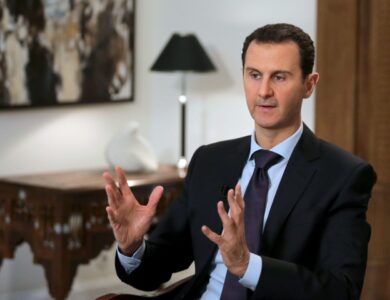Putin Gifts Luxury Car to North Korea’s Kim Jong-un

Moscow/Pyongyang, February 20, 2024: In a move likely to raise eyebrows, Russian President Vladimir Putin has gifted a car to his North Korean counterpart, Kim Jong-un, further solidifying ties between two increasingly isolated nations.
North Korea’s state media, KCNA, reported on Sunday that a Russian delegation delivered the Russian-made car for Kim’s “personal use,” sparking concerns about violating international sanctions.
Potential Violation of UN Sanctions:
Experts point out that Putin’s gift likely violates Moscow-backed United Nations Security Council sanctions against Pyongyang. These sanctions, aimed at curbing North Korea’s nuclear program, explicitly prohibit the supply of luxury goods, including “all transportation vehicles,” to the hermit kingdom.
This raises questions about Russia’s commitment to enforcing the sanctions it has backed in the past. It also highlights the increasingly close relationship between the two nations, both facing international isolation due to their actions.
Deepening Ties Amid Isolation:
While the specific car model remains undisclosed, its luxury status is implied, raising further concerns about sanctions violations. This latest move comes after a series of high-level meetings and statements indicating deepening ties between Russia and North Korea.
Some analysts see this growing closeness as a strategic move by both countries to counter their isolation on the global stage. Russia, facing international condemnation for its invasion of Ukraine, seeks allies, while North Korea seeks economic and diplomatic support.
Reactions and Implications:
The international community is likely to react negatively to this news, questioning Russia’s adherence to international agreements and potentially prompting further sanctions. Additionally, the gift might embolden North Korea’s defiance of international norms and complicate ongoing denuclearization efforts.
Moving Forward:
This car gift signifies a complex geopolitical dance between two isolated nations. While the long-term implications remain unclear, it raises concerns about sanctions violations, solidifying ties between two controversial regimes, and potentially hindering denuclearization efforts on the Korean peninsula.








